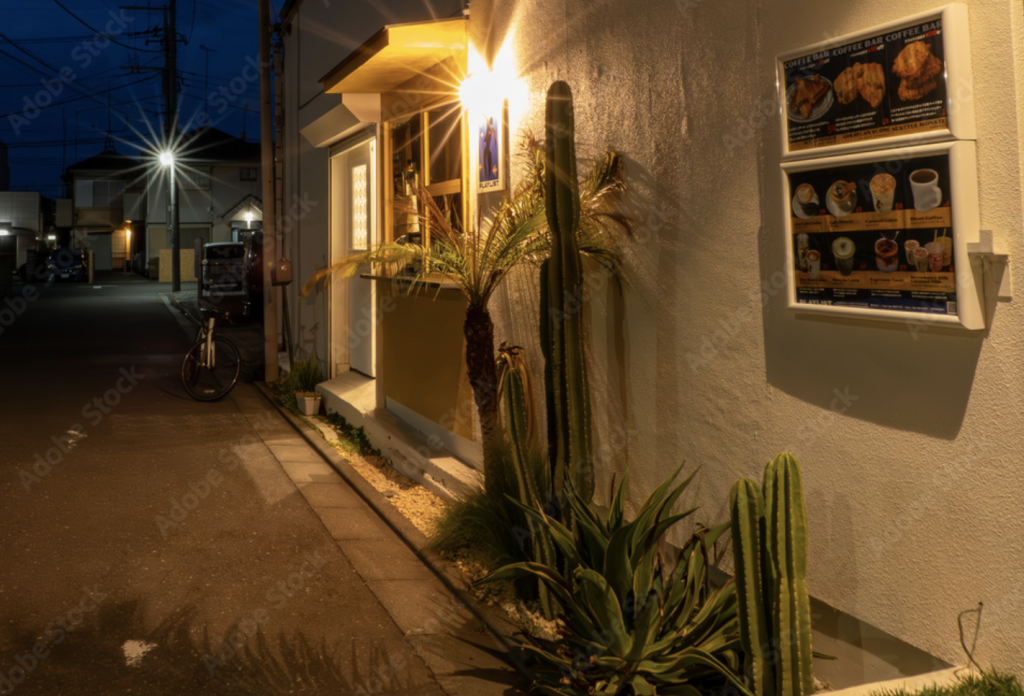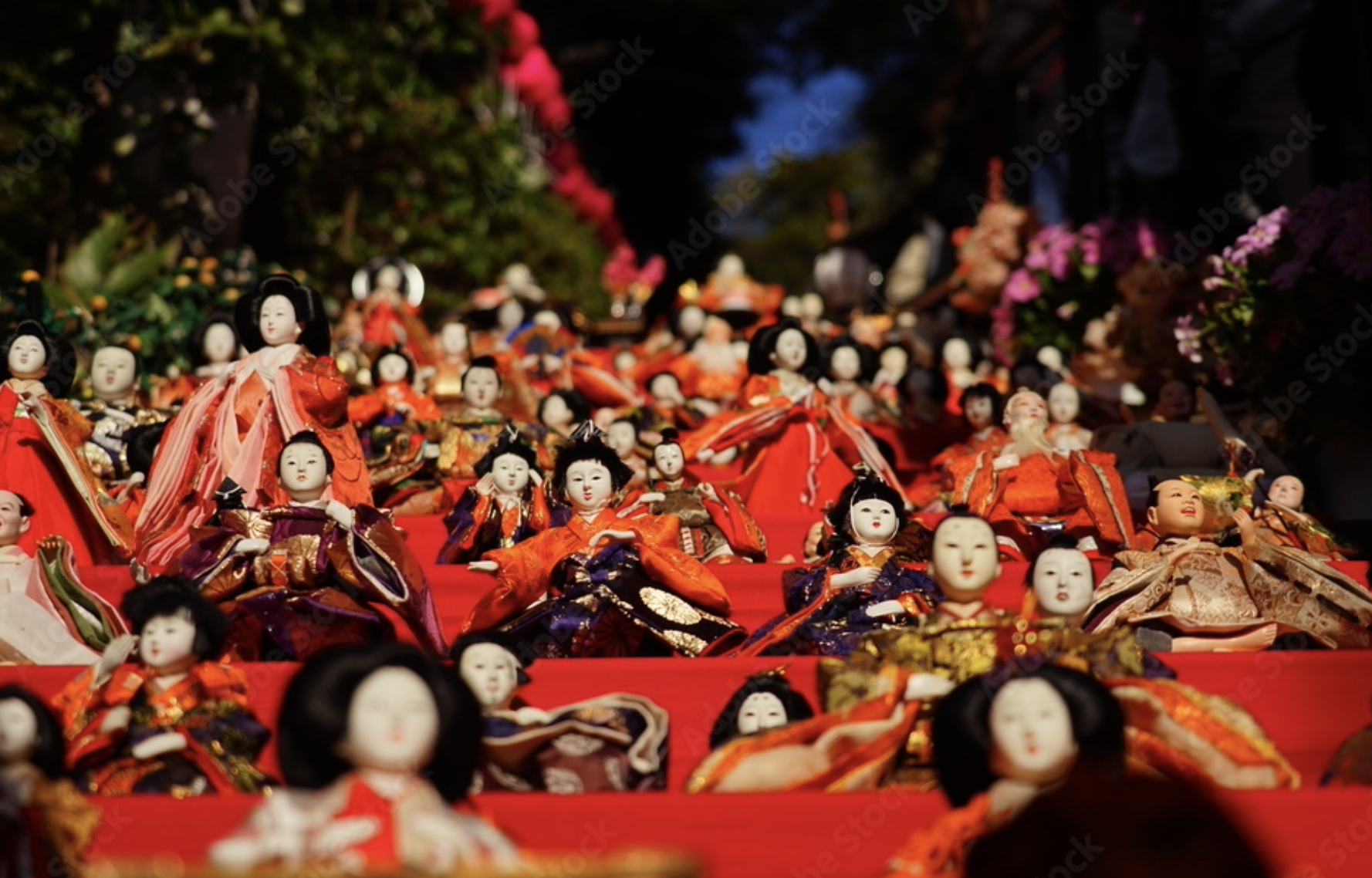Apartments for Rent near Zama and Fussa: Living Guide for U.S. Military Families in Japan
Introduction: Why Zama and Fussa Are Popular for U.S. Military Families
Living in Japan as a U.S. military service member, civilian contractor, or family member often means adapting to a unique blend of cultures, lifestyles, and housing options. Among the most well-known areas for U.S. military communities are Zama in Kanagawa Prefecture, home to Camp Zama, and Fussa in Tokyo, near Yokota Air Base. Both areas offer distinctive living experiences for foreigners, combining convenience with cultural immersion.
Military families and contractors arriving in Japan often face the decision of whether to live on base or off base. For those who choose off-base housing, Zama and Fussa present two of the most appealing options. Zama provides a quieter, suburban environment with larger rental homes, while Fussa boasts a vibrant, international atmosphere shaped by decades of cultural exchange around Yokota Air Base.
This guide aims to provide an in-depth look at both areas, comparing lifestyle, rental costs, and daily conveniences to help foreign residents—particularly U.S. military families—find the housing that best suits their needs.
Chapter 1: Zama Area – Living near Camp Zama
1. Overview of Camp Zama
Camp Zama, located in Kanagawa Prefecture, is the headquarters of the U.S. Army Japan. The surrounding neighborhoods offer a mix of Japanese residential communities and areas catering to foreign families. Unlike the bustle of Tokyo, Zama is more suburban and quiet, making it ideal for families who want a balance between accessibility and peaceful living.
2. Housing Types and Market Trends
The Zama area offers a wide range of rental housing, including:
- Single-family houses with spacious yards, appealing to families with children.
- Apartments and condominiums near train stations for commuters.
- Townhouses blending Japanese and Western styles, often equipped with modern amenities.
Rental prices tend to be more affordable compared to central Tokyo, especially for larger homes. Families often prefer detached houses, which are easier to find in Zama than in more urbanized areas.
3. Daily Conveniences
The Zama area offers convenient access to:
- Supermarkets and shopping malls with both Japanese and imported goods.
- Hospitals and clinics with some English-speaking staff, important for military families.
- Schools, including local Japanese schools and options for international education in nearby cities.
4. Why Military Families Choose Zama
Families stationed at Camp Zama often prefer to live nearby for:
- Short commuting times to the base.
- Larger living spaces compared to Tokyo apartments.
- A quieter environment suitable for raising children.
- A close-knit community of both Japanese and foreign residents.
Chapter 2: Fussa Area – Living near Yokota Air Base
1. Overview of Fussa and Yokota Air Base
Fussa is a city in western Tokyo, best known for Yokota Air Base, the home of U.S. Forces Japan and the Fifth Air Force. The presence of the base has shaped the city’s character for decades, making it one of the most internationalized neighborhoods in Japan. English signage, Western-style restaurants, and an abundance of American influence make Fussa particularly comfortable for newcomers.
2. Housing Options
Housing in Fussa ranges from compact apartments for singles to spacious family homes. Unlike Zama, Fussa’s housing stock reflects a mix of:
- Modern apartments near the station for convenient commuting to central Tokyo.
- Detached houses in suburban areas, often with easy car access.
- Rental homes designed with foreigners in mind, offering larger kitchens, multiple bathrooms, and layouts familiar to U.S. families.
While prices are slightly higher than in Zama due to Fussa’s Tokyo location, the convenience and vibrant community justify the cost for many.
3. International Community and Lifestyle
Fussa is home to a diverse population, including long-term foreign residents, English teachers, and Japanese locals accustomed to the U.S. presence. This international environment means:
- Restaurants offering American-style dining, from burgers to barbecue.
- Shops and services that cater specifically to foreigners.
- A lively nightlife scene, with bars and clubs influenced by both Japanese and American culture.
4. Appeal for U.S. Families and Singles
Military personnel and their families choose Fussa because of:
- The strong support network of fellow Americans and English-speaking locals.
- Access to Tokyo’s cultural attractions via the JR Chūō Line.
- A lifestyle that feels familiar while still offering the excitement of living abroad.
Chapter 3: Comparing Zama and Fussa for Rentals
When deciding between Zama and Fussa, the choice often depends on lifestyle, family needs, and commuting preferences.
1. Rental Costs
- Zama: Generally lower, with larger homes available for the same price as a smaller apartment in Fussa.
- Fussa: Higher due to proximity to Tokyo, but offers international conveniences and community.
2. Accessibility
- Zama: Convenient for Camp Zama staff, but longer commutes to central Tokyo.
- Fussa: Direct access to Tokyo via JR lines, making it easier for those who want frequent trips to the city.
3. Lifestyle Differences
- Zama: Quiet, suburban, family-friendly, with a stronger sense of privacy.
- Fussa: Lively, international, with a mix of Japanese and American culture.
4. Family vs. Single Living
- Families: Often prefer Zama for its larger homes and calm environment.
- Singles and young couples: Frequently choose Fussa for its nightlife and urban convenience.
Chapter 4: Housing Options for U.S. Military Families
1. On-Base Housing (Base Housing)
For many military families, the first question is whether to live on base or off base. On-base housing provides convenience, community, and security. Families benefit from:
- Proximity to military facilities, schools, and healthcare.
- A built-in community of fellow Americans.
- Simplified rental arrangements without the complexities of Japanese contracts.
However, base housing can be limited in availability, and waiting lists are common. In addition, some families feel that living on base reduces opportunities for cultural immersion.
2. Off-Base Housing (Apartments for Rent near Bases)
Off-base housing offers more freedom and variety in terms of size, style, and location. Options include:
- Apartments near train stations, ideal for commuting into Tokyo.
- Single-family homes, which are larger than many base units.
- Townhouses or duplexes, offering a mix of Western and Japanese features.
Families who choose off-base housing enjoy:
- A stronger connection with the local Japanese community.
- More space, especially in suburban areas.
- Flexibility in choosing neighborhoods that suit lifestyle preferences.
3. Lease Considerations
Renting off base involves certain aspects of Japanese rental culture:
- Security deposit (shikikin) and key money (reikin) are often required.
- Lease contracts may be two years, with renewal fees.
- Pets, parking spaces, and house modifications may require landlord approval.
Despite these differences, many military families find that off-base rentals provide a richer, more customizable living experience.
Chapter 5: Daily Life in Zama and Fussa
1. Shopping and Groceries
Both Zama and Fussa provide a mix of Japanese and international shopping options.
- Zama: Local supermarkets, Aeon malls, and specialty stores.
- Fussa: A wide variety of shops, including American-style grocery stores and import food shops catering to the Yokota community.
2. Education
Families with children have several options:
- On-base schools, operated by the Department of Defense Education Activity (DoDEA).
- Japanese public schools, for those who want cultural immersion.
- Private and international schools in nearby urban areas.
3. Healthcare
Access to healthcare is crucial.
- Base facilities provide English-speaking medical care.
- Local hospitals and clinics in Zama and Fussa increasingly offer bilingual services, though Japanese proficiency can be useful.
4. Leisure and Recreation
- Zama: Parks, hiking trails in Kanagawa, and quiet family activities.
- Fussa: Nightlife, restaurants, bars, and cultural exchange opportunities with the local Japanese and international communities.
5. Family-Friendly Activities
Both areas provide ample opportunities for weekend trips and cultural experiences:
- Trips to Tokyo, Yokohama, and Kamakura.
- Seasonal festivals in local neighborhoods.
- Access to gyms, sports clubs, and community centers.
Chapter 6: Cost of Living and Budgeting
1. Rent and Utilities
- Zama: Rent is typically lower, averaging less than central Tokyo. Utilities, including electricity, gas, and water, add a moderate monthly cost.
- Fussa: Slightly higher rent, particularly near train stations, but still more affordable than central Tokyo’s premium prices.
2. Furnished vs. Unfurnished Rentals
- Furnished rentals are rare in Japan but do exist near bases, designed for foreign tenants.
- Unfurnished rentals often require families to purchase appliances like refrigerators, washing machines, and air conditioners.
3. Transportation Costs
- Zama: Families often rely on cars for convenience. Parking fees apply but are generally affordable.
- Fussa: Easier to live without a car due to excellent train access, though families often keep one for trips outside Tokyo.
4. Saving Tips
- Buying used appliances and furniture at recycle shops.
- Using base facilities for groceries and daily needs.
- Sharing rides and carpooling within the community.
Chapter 7: Tips for a Smooth Rental Experience
1. Negotiating Contracts
Foreigners renting in Japan may find that landlords are open to negotiation. Tips include:
- Asking for lower rent if committing to a long-term lease.
- Requesting small improvements, like new tatami or upgraded appliances.
- Confirming details about parking, pets, and renewal fees.
2. Understanding Japanese Rental Culture
- Garbage separation rules are strictly enforced.
- Quiet hours are important in residential neighborhoods.
- Respect for neighbors helps build trust and avoids misunderstandings.
3. Common Challenges for Foreigners
- Language barriers when reading contracts or handling maintenance issues.
- Differences in housing expectations (e.g., smaller rooms, limited storage).
- Renewal fees and upfront costs that differ from U.S. practices.
Adapting to these aspects with patience and support from peers makes the transition smoother.
Conclusion: Finding the Best Home near Zama or Fussa
Choosing between Zama and Fussa depends on lifestyle and personal priorities:
- Zama: Offers a quieter, family-friendly environment with larger homes and more space. It is ideal for those who want a suburban lifestyle while staying close to Camp Zama.
- Fussa: Provides a vibrant, international community with easy access to Tokyo. Perfect for singles, young couples, and families who enjoy a lively atmosphere and cultural exchange.
Both areas present excellent opportunities for U.S. military families to experience life in Japan beyond the gates of the base. Whether prioritizing tranquility or cultural immersion, finding the right apartment for rent near Zama or Fussawill shape not only daily comfort but also the richness of one’s time abroad.

